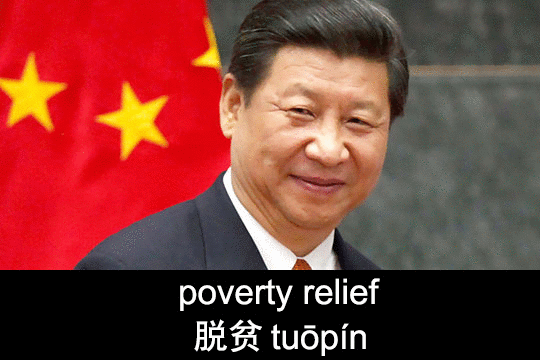UN passes unprecedented sanctions on North Korea – China’s latest top news
Lucas Niewenhuis’s selection of the top stories from China on September 12, 2017. Part of the daily The China Project newsletter, a convenient package of China’s business, political, and cultural news delivered to your inbox for free. Subscribe here.

- First, a September 3 nuclear test in North Korea reverberated in China (and not just because it caused a mild earthquake in Jilin Province), leading it to signal support for tougher sanctions against the rogue regime.
- Then, it became apparent in Chinese media that hawkish voices among those academics commenting on North Korea policy had reached their most influential point ever.
- China tested antimissile systems and performed exercises to prepare for a “surprise attack” from North Korea, indicating newfound alarm among the military about the crisis.
- The five largest Chinese banks all took an unprecedented move in the last few days to block North Koreans from opening accounts, and some even barred new deposits.
- On September 11, the UN Security Council unanimously approved the most sweeping sanctions ever on North Korea. While not reaching the level of oil embargo and travel ban on Kim Jong-un that the U.S. pushed for, it did approve the cutoff of 90 percent of North Korea’s textile export industry, a move that could set North Korea back by as much as $726 million a year. See a helpful itemized list of the sanctions via the South China Morning Post, and also see SCMP’s explanation of factors leading to the decision on oil restrictions.
While his ambassador to the UN and Treasury Secretary both hailed the sanctions as “historic,” U.S. President Donald Trump called the development “not a big deal,” Bloomberg reports.
The sanctions are not a big deal in the sense that no one believes they will be enough to suddenly convince North Korea to give up its nukes. But given how fast China changed from where it was on this issue three months ago — or even a week ago — and now, the passage of these latest sanctions is remarkable. Plus, if the sanctions weren’t significant, the U.S. Treasury Secretary wouldn’t be making threats like this: “If China doesn’t follow these sanctions, we will put additional sanctions on them and prevent them from accessing the U.S. and international dollar system.”
American administration officials tell (paywall) the New York Times that they have “relatively low expectations” for these particular sanctions, but that they are “discussing how to use them…with a mix of overt military pressure, covert action, and steps to punish any Chinese banks that do business with North Korea, by banning them from also doing business with the United States.” The Times notes that this is “exactly the combination of actions that was used by the Obama administration to drive Iran into negotiations over its nuclear activities.”
The Iran deal, despite Trump’s disparagement, is still in place and may even be strengthened.






